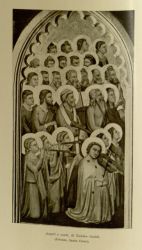
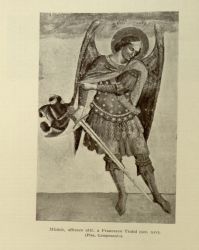
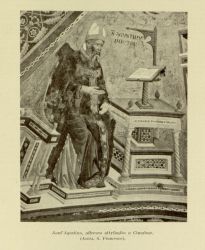
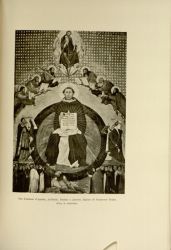
In the Divine Comedy, Cato, a Roman statesman and politician who lived before the time of Christ, guards Mount Purgatory. At first glance, it may seem odd that Dante should give such importance to a pagan who committed suicide. Dante's admiration for the Roman may be explained by the fact that Cato ended his life out of a desire to preserve his moral freedom and virtue, and not out of weakness or of pride. Rather than submit to Caesar’s unjust and tyrannical rule, Cato chose to end his life. In the Monarchia, Dante explains that Cato's suicide was an act of extreme moral strength, done in the pursuit of freedom:
Now add to their number those most holy victims, the Decii, who laid down their lives
dedicated to the salvation of the community, as Livy relates to their glory, not in terms
worthy of them but as best he can; and that sacrifice (words cannot express it) of the
most stern guardian of liberty, Marcus Cato. The former for the deliverance of their
fatherland did not recoil from the shadows of death; the latter, in order to set the world
a fire with love of freedom, showed the value of freedom when he preferred to die a
free man rather than remain alive without freedom.[1]
At the Final Judgement, Cato, along with all of the remaining penitents of Purgatory, will ascend into Heaven and be counted among the blessed. [2]
After passing through the purifying flames at the top of Mount Purgatory, Dante enters Terrestrial Paradise, the home of Adam and Eve before original sin. In the distance he sees Matelda, a beautiful woman who is gathering flowers in a field. She guides Dante to the Lethe and Eunoe and describes to him the origin of the two rivers. Her real identity is a mystery to Dante scholars and some have suggested that the character is based on the greek goddesses Persephone and Venus. Others believe she is the Countess Matilde of Canossa or the medieval mystic St. Mechtildis of Magdeburg. However, most Danteists agree that she represents the beauty and purity of Terrestrial Paradise. [3]
A l'alta fantasia qui mancò possa;
ma già volgeva il mio disio e 'l velle,
sì come rota ch'igualmente è mossa,
l'amor che move il sole e l'altre stelle. (Par. XXXIII. 142-145)
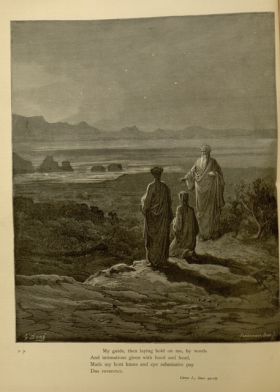

The blessed of Mercury committed many virtuous deeds, but did so out of a desire for glory and fame. In this Sphere, Dante meets the Emperor Justinian who recounts his life's story and the history of the Roman Empire. In his speech to Dante, he criticizes the leadership of Florence and argues that the conflict between the Guelf and Ghibelline parties is the source of injustice in Italy. [4]
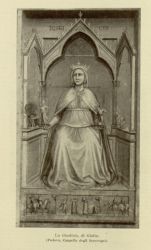
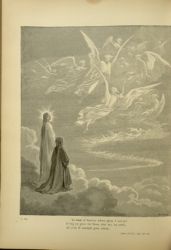
The fifth sphere of the Paradiso is the eternal dwelling place of Holy Warriors and defenders of the Faith. The blessed Warriors arrange themselves in the shape of a large luminous cross, and along the arms of the cross Dante sees eight spirits: Joshua, Judas Maccabeus, Charlemagne, Roland, William of Orange, Renouard, Duke Godfrey and Robert Guiscard. From the cross, Dante hears a heavenly melody and is overcome with emotion upon seeing the apparation of Christ on the cross. In the Sphere of Mars, Dante meets his great-great grandfather, Cacciaguida who died during the Second Crusade. Cacciaguida prophesizes Dante's exile and criticises the state of Florentine politics. [5]
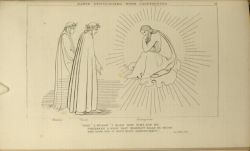
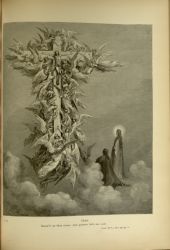
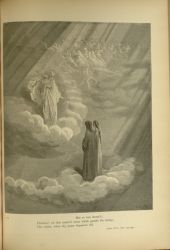
The Sphere of Jupiter is home to souls who dedicated themselves to the pursuit of justice. In the heavens, the souls arrange themselves into the Latin sentence “Diligite Iustitiam Qui Iudicatis Terram” which means “cherish justice, you who judge the earth”. The final “m” in Terram transforms into the shape of a giant eagle which speaks to Dante about predestination and God's salvific will. He tells Dante that there is a fixed number of elect known solely to God and that even the blessed of the Heaven do not know who will be saved.
While speaking with the souls forming the Eagle's eye, Dante deepens his knowledge of God's mercy, and explores the mystery of predestination: In the eye, Dante sees Trajan and Ripheus, two pagans born before the advent of Christianity. Trajan was a Roman emperor who reigned between 97 and 117 AD. His sense of justice and virtue led him to help a lowly widow in her time of need. Upon his death, he descended into the first circle of the Inferno among the virtuous pagans. According to the Eagle, Pope Gregory the Great was moved by the stories of Trajan's acts of justice and mercy. He prayed to God to save Trajan from the pains of hell. God resurrected Trajan who then converted to Christianity. Upon his second death, he ascended to the Sphere of Jupiter.
Although he was born before the advent of Christianity, Ripheus was a believer. He was introduced to the Faith by God's mercy and grace and was baptized by the three cardinal virtues. Because of his Faith and good works, God awarded him the graces necessary for justification. [6]
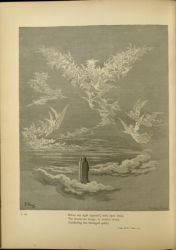
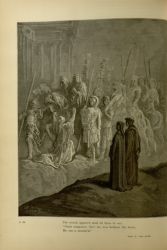
In the Heaven of the Fixed Stars a chorus of angels sing the "Gloria Patri".
Gloria Patri, et Filio, et Spiritui Sancto. Sicut erat in principio, et nunc, et semper, et in saecula saeculorum. Amen.
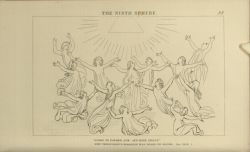
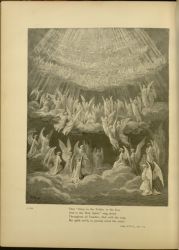
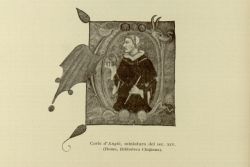
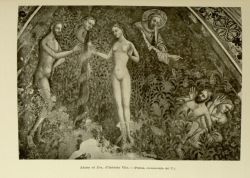
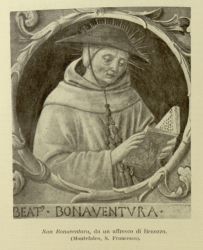
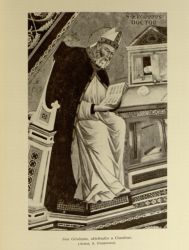
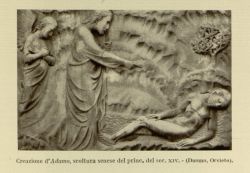
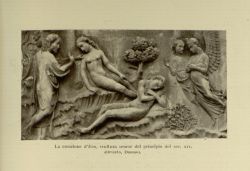
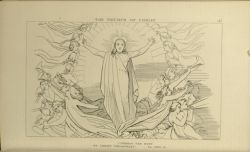
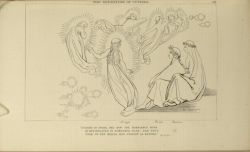
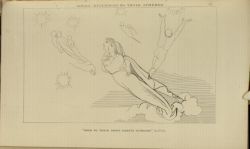
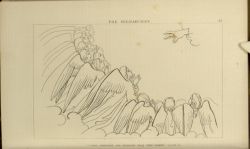
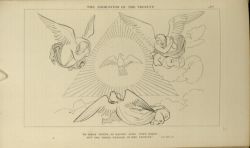
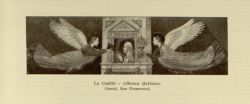
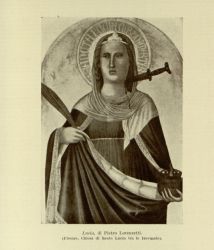
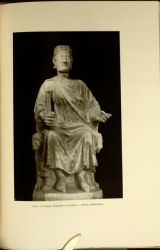
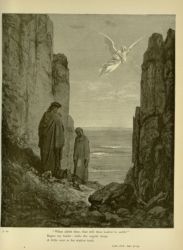
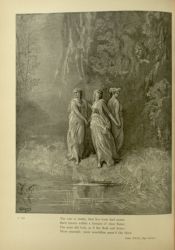
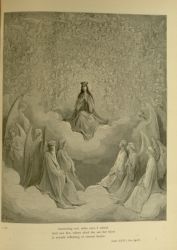
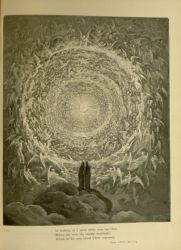
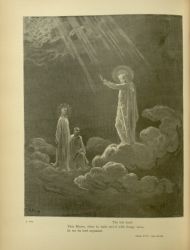
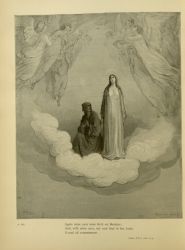
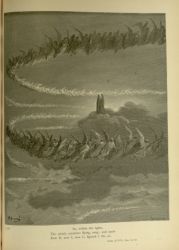
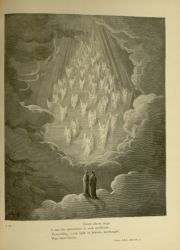
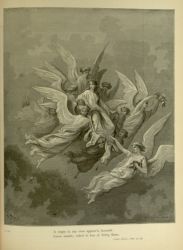
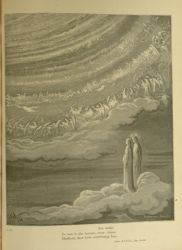
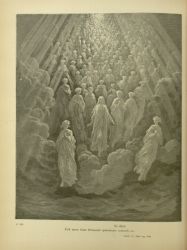
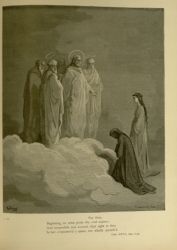
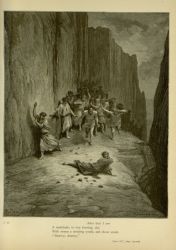
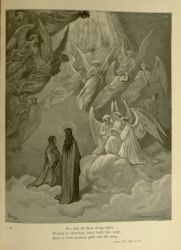
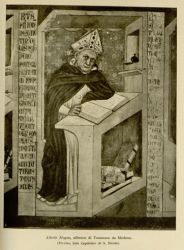
1. Citation. Monarchia 2.5.15.
2. Cato. Purg. I
3. Matelda. Purg. XXI
4. Emperor Justinian. Par. XVII.
5. Holy Warriors. Par. XIV-XVII.
6. Heaven of Jupiter. Par. XVIII-XX.
7. Psalms. The New American Bible.
8. Carroll, John S. In Patria: An Exposition of Dante's Paradiso. Port Washington, N.Y.: Kennikat Press, 1971.